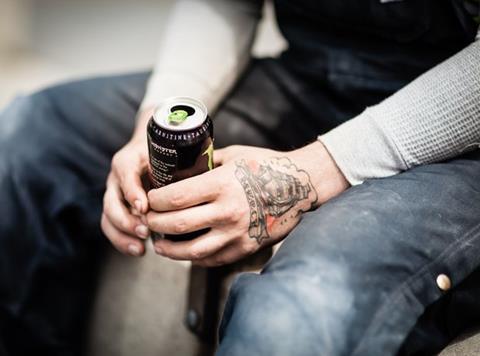
Retailers have welcomed the government’s plans for a ban on energy drinks sales to children, despite claims from opponents that it is “draconian” and ill-thought out.
Critics have accused the DH, which has launched a consultation in the proposals, of giving in to the ‘nanny state’.
But the BRC said outlawing the sale of energy drinks to kids would bring legislation into line with all the major retailers, who have already voluntarily banned sales of the drinks to under-16s.
The government announced in June it was to consult on the ban, though major supermarkets had already stopped selling the products to kids.
Read more: How will supermarkets enforce the under-16 energy drinks ban?
“This follows the lead of the major retailers, who have already put voluntary controls in place,” said Andrea Martinez-Inchausti, deputy director of food policy at the BRC.
“Legislation will ensure a consistent and comprehensive approach to preventing sales to children.”
The ACS said it would work with the government if it decided to go ahead with the ban. Independent retailers were already “at the forefront” of efforts to tackle the problem, it said.
“Convenience store retailers are already on the frontline, preventing the sale of age-restricted products to children in a number of categories,” said ACS chief executive James Lowman.
“We will respond to this consultation with evidence from members, and if the government sees fit to introduce a ban on energy drinks to children, we will work with retailers to ensure that they are prepared for the change.
“More than half of convenience stores currently do not sell energy drinks to under-16s, with many more working with their local schools and wider community to develop appropriate solutions when concerns are raised about the consumption of energy drinks by young people.”
The ACS polled 1,210 independent retailers on their energy drink sales policies in January 2018, with 53% of convenience retailers reporting that they did not sell energy drinks to under-16s.
However, the Institute of Economic Affairs described the proposals, which the government has said could either result in a ban on sales to under-18s or under-16s, depending on the consultation results, as “draconian and unnecessary”. “It is not clear what problem the government is trying to tackle with this consultation,” said Christopher Snowdon, head of lifestyle economics at the body.
“If the issue is the sugar in these drinks, then why isn’t the government proposing a ban on the sale of sugary drinks to people under the age of 18? If the issue is caffeine then why isn’t the government proposing a sale on coffee to people under the age of 18?
“Banning 17-year-olds from buying lemonade or coffee would strike most reasonable people as crazy, so what is so special about energy drinks? Celebrity chef Jamie Oliver has recently made an issue of energy drinks and it seems that the government is once again dancing to his tune.”







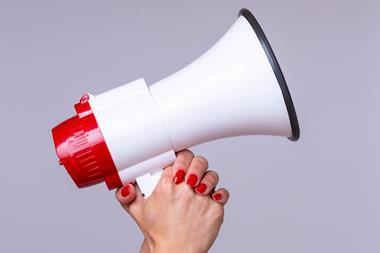
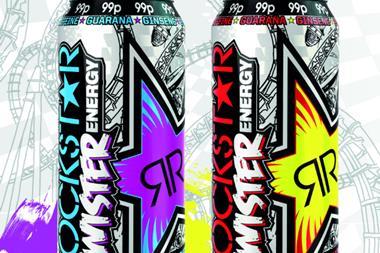
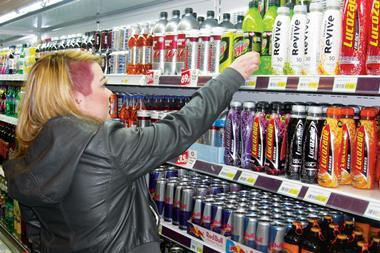
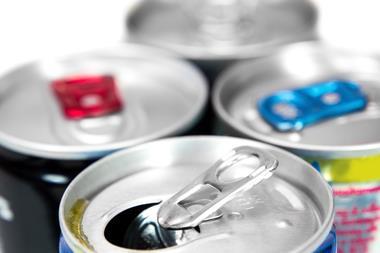
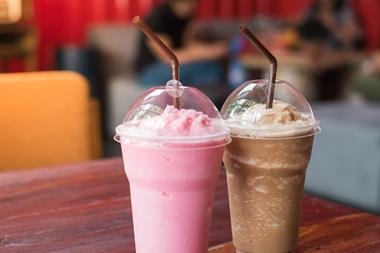
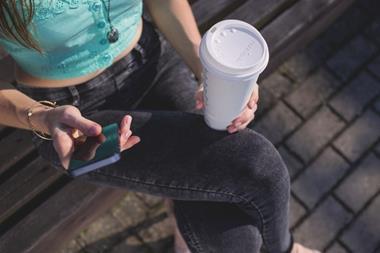
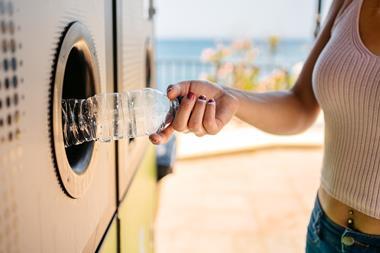

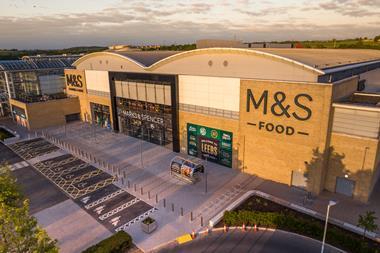
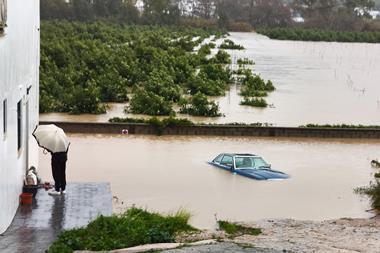
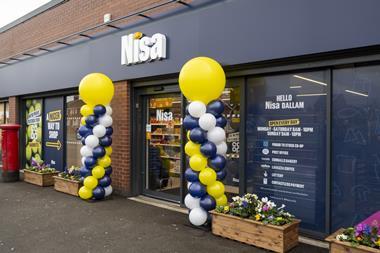

No comments yet